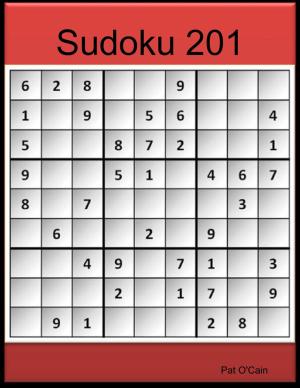| Author: | R. Travers Herford | ISBN: | 9781312061583 |
| Publisher: | Lulu.com | Publication: | April 2, 2014 |
| Imprint: | Lulu.com | Language: | English |
| Author: | R. Travers Herford |
| ISBN: | 9781312061583 |
| Publisher: | Lulu.com |
| Publication: | April 2, 2014 |
| Imprint: | Lulu.com |
| Language: | English |
“My aim throughout has been to present and make clear the Pharisaic conception of religion, the point of view from which they regarded it, and the methods by which they dealt with it. It is far more important that the reader, especially the Christian reader, should understand the meaning of Pharisaism than that he should be presented with a survey of all the details, theological, ethical, historical, and other, included in the wide field of the Pharisaic literature. I am not without hope that a small book may be read where a large one would be passed by, and that the ends of justice—in this case justice to the Pharisees—may thereby be the better attained. I have not sought to write a panegyric on them, but, so far as may be possible for one who is not a Jew, to present their case from their own standpoint, and not, as is so often done, as a mere foil to the Christian religion.”
“My aim throughout has been to present and make clear the Pharisaic conception of religion, the point of view from which they regarded it, and the methods by which they dealt with it. It is far more important that the reader, especially the Christian reader, should understand the meaning of Pharisaism than that he should be presented with a survey of all the details, theological, ethical, historical, and other, included in the wide field of the Pharisaic literature. I am not without hope that a small book may be read where a large one would be passed by, and that the ends of justice—in this case justice to the Pharisees—may thereby be the better attained. I have not sought to write a panegyric on them, but, so far as may be possible for one who is not a Jew, to present their case from their own standpoint, and not, as is so often done, as a mere foil to the Christian religion.”















